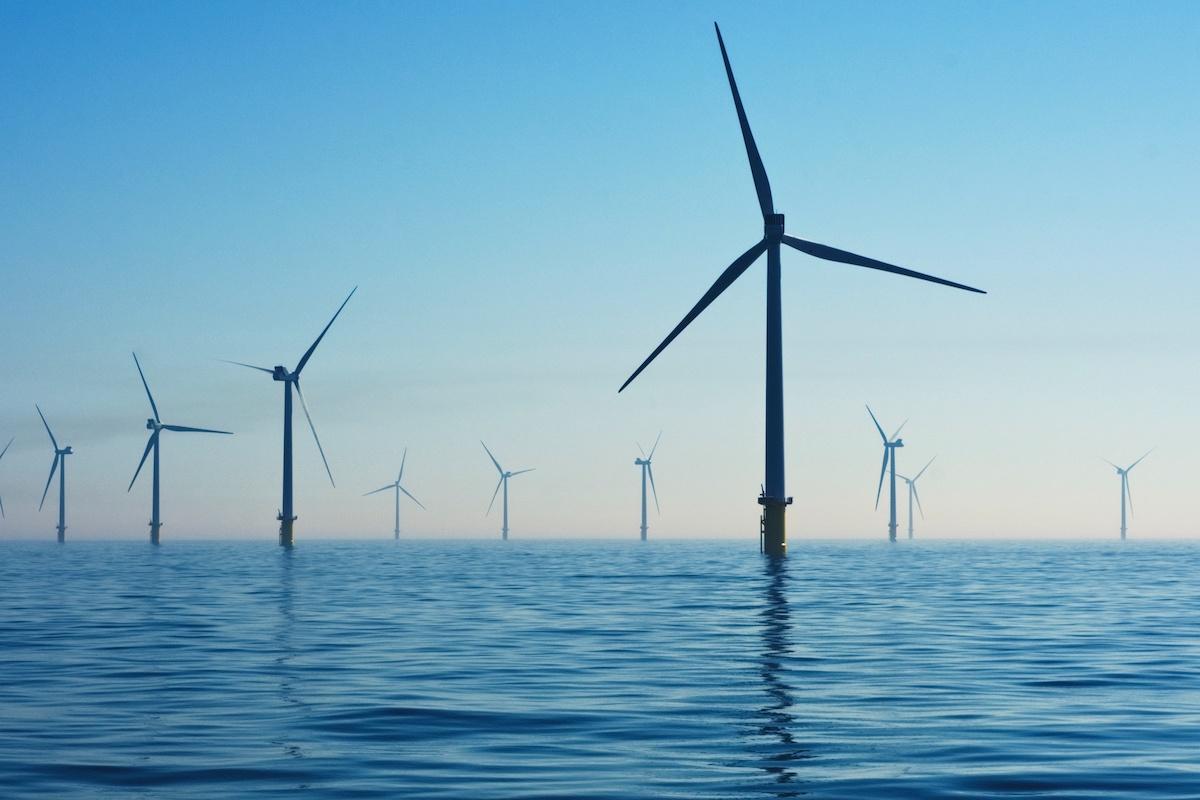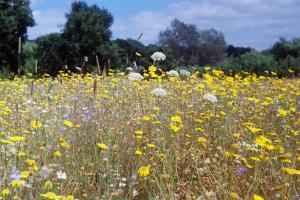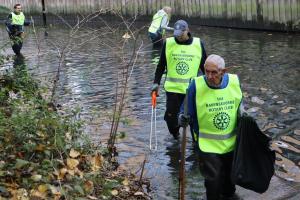Reducing Our Carbon Footprint
Reducing our dependency on fossil fuels

Reducing Our Carbon Footprint
‘Carbon footprint’ is a term used to describe the total amount of greenhouse gases (carbon dioxide, methane, nitrous oxide, etc.) that is emitted from our actions. For example, when you drive a mile to the shops your car emits around half a kg of CO2.
Greenhouse gases trap heat in the atmosphere and cause the earth’s temperature to rise. The energy sector is responsible for 73.2% of global greehouse gas emissions. The electricity and gas we use to power and heat our homes produces about a quarter of our greenhouse gas emissions so we should be thinking of;
- switching to a 100% renewable energy provider
- insulating our homes
- changing all our light bulbs to LEDs and cut your lighting costs by 90%
- only buy energy efficient appliances & veto the use of tumble dryers whenever possible
- turning off appliances, heating, lighting and gadgets when not using them
Some Rotary clubs have become hybrid clubs; a mix of face to face meetings and online Zoom meetings. Meeting online means less travel to and from meetings so your club can lower its carbon footprint.
The Rotary Club of Wellington, Australia worked out they were responsible for producing 8 tonnes of carbon annually. They are now the first club to be certified carbon neutral.
You can try calculating your carbon footprint and getting suggestions for reducing it for free through Pawprint.
How big is your environmental footprint? a simple calculator from WWF:
Cars and Car Sharing
Taking public transportation, walking, or riding a bike are better options that help the environment and your budget, as well as getting some exercise in!
If you do need to use your car to get to a Rotary meeting consider giving a lift to another member in your club.
Petrol and diesel cars are harmful to the environment and will be phased out in the UK by 2030. It now makes sense to consider the purchase of an all electric car or hybrid car next time you change cars.
Farming & Eating Less Meat
Food production has become a serious environmental concern; from the distance in food miles, the way it is produced and the packaging it is sold in. Farming creates 10% of the UK's emissions.
Sustainable food production is key to feeding an ever-growing world population and reducing greenhouse gas emissions.
One way to reduce emmisions into the environment is to reduce your meat intake; particulary beef and lamb as these animals produce methane (a strong greenhouse gas). It has been calculated that 14.5% of the global carbon footprint comes from the production of meat and livestock.
Another way to reduce your carbon footprint is to buy more locally sources food.
Don't waste food - we throw away 6.6 million tonnes of household food waste in the UK; 70% of this could have been eaten. Always make a shopping list and a meal plan before you go shopping to avoid food waste.
Fashion
The fashion industry is responsible for an alarming 10% of all of humanity's carbon emmissions. This is largely due to the rise of the "fast fashion" industry.
Today, because of the low cost and ever changing trends, consumers are buying twice as many items of clothing as they did a decade ago. As a result, more clothing is discarded and piling up in landfill sites.
Take action by buying less clothing and wear clothes we already own for longer. Alternatively, buy one second hand item for one new bought this year.
Purchasing
Energy and emissions go into producing every new product so buying new things comes with a high carbon cost. In addition, there are the emmisions in transporting new products from around the world. You can pledge to;
- always consider if you really need to purchase an item before you buy it
- hire/borrow items e.g. gardening/DIY tools
- share items between neighbours/family members e.g. computer games
- buy pre-loved items from charity shops or socialmedia groups
- repair an appliance if able instead of replacement
Related pages...
Environment for Members
more Environmental Grant opportunities for Members

Biodiversity
more Protecting our natural world

The Weird Fish Lady Blog
more Rotarian Gloria Barnett talks about all things environmental

50 Leading Clubs Supporting the Environment
more Clubs within Rotary South East that are Supporting The Environment

Recycling
more Avoiding landfill and reusing materials to make new products

Tackling Litter
more Helping to clean up our communities

Climate Change
more Global warming causes and effects

Protecting The Marine Environment
more Facing three huge threats: overfishing, pollution & climate change
back to page above this...

Protecting The Environment
back Rotary members are tackling environmental issues the way they always do: coming up with projects, using their connections to change policy and planning for the future.